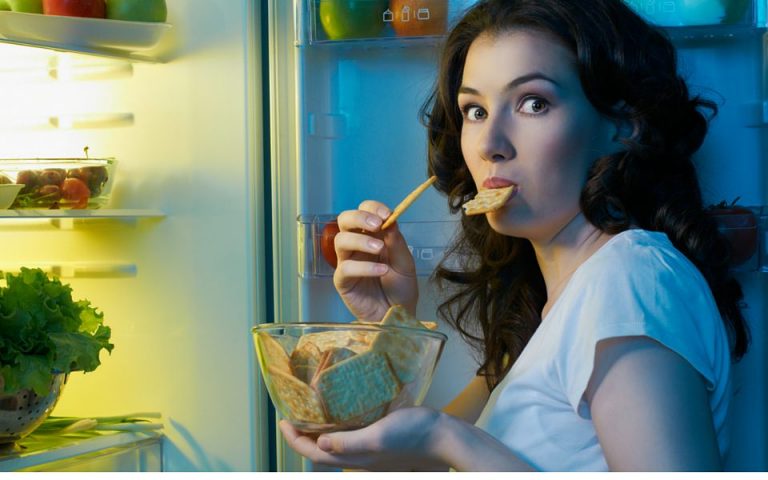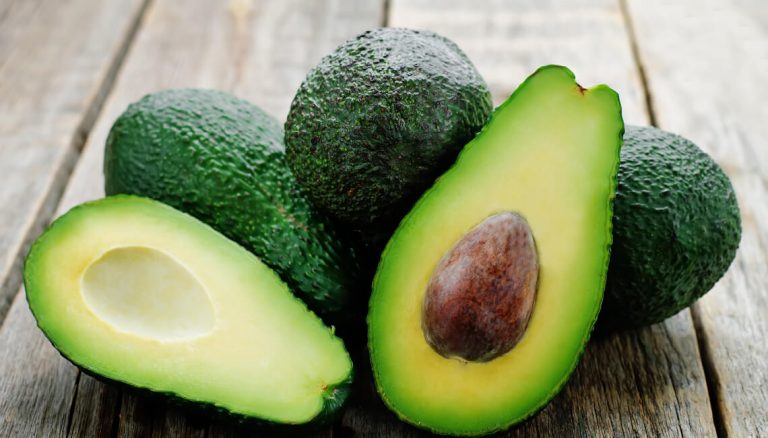Nutritionists reveal how our Pregnancy Meal Plan supports expectant Mums
This month as part of the 28 Day Weight Loss Challenge, the Customer Choice Meal Plan has been designed specifically for those who are pregnant.
Following a
healthy pregnancy eating plan is a good idea when pregnant to ensure you and your baby are getting all the right nutrients you both need.
Our amazing team of Healthy Mummy Nutritionists have developed this meal plan for expectant mums to be, and explain how this carefully picked meal plan can best provide nutritional support for those who are pregnant.
Healthy eating is essential throughout pregnancy for the health of both mother and baby. A varied diet that includes all food groups will generally provide you with the nutrients needed to maintain a healthy pregnancy and develop a healthy baby. Some women may need to take a nutritional supplement throughout pregnancy, please speak with your healthcare provider to see if this is you. It’s important to understand that steady weight gain throughout pregnancy is normal. However, you do not need to ‘eat for two’ as the saying goes. Gaining too much weight is harmful to both you and your baby. The amount of weight you should gain during pregnancy is dependent on how much you weighed before pregnancy. For pregnant women with a BMI between 18.5-24.9, the adequate amount of calories you are aiming to consume should be:
The best way to increase your calorie intake is by increasing your consumption of nutrient-rich foods such as nuts, seeds, avocados, fruit and vegetables. There will be times throughout your pregnancy when you may feel nauseous. To help ease the nausea you may find it beneficial to eat dry bread or muesli before getting out of bed in the morning, sip on ginger tea throughout the day or avoid large greasy meals.For women who experience heartburn during pregnancy it is a good idea to not eat late at night and reduce bending, lifting and laying flat after eating. For those experiencing constipation during pregnancy make sure you are drinking 2-3L of water a day and eating a wide range of fruit, vegetables, legumes and whole grains.
Folic Acid (Folate/Vitamin B9): is a water-soluble vitamin and naturally occurring in foods which helps support the placenta. It is also responsible for preventing various birth defects such as mental retardation, cleft palate and spina bifida. Sources: dark leafy greens like spinach or kale, broccoli, legumes such as chickpeas and lentils, and wholegrains.Iodine: is a mineral essential for growth and development. A deficiency of iodine during pregnancy can lead to the baby having congenital hypothyroidism and mental impairment. Sources: seaweed, seafood, eggs, meat.Calcium: it helps in the baby’s bone development; prevents blood clots and helps in lowering the mother’s blood pressure; It also aids in muscle and nerves function. Sources: milk, cheese, yogurt, dark leafy greens, sardines with bones, calcium-fortified drinks like soy milk and fruit juices.Vitamin D: essential for the baby’s bone development. Calcium needs vitamin D to be absorbed in the body. Severe vitamin D deficiencies can lead to Rickets. Vitamin D is also essential for immune function and mental health. Sources: direct sunlight, oily fish and eggs.Iron: is a mineral which helps in the production of hemoglobin, prevents anemia, low birth weight, and premature delivery. It provides needed energy and strength; and it also promotes heart health. Sources: spinach, pork, beef, dark leafy green vegetables, wheat germ, iron-fortified cereals or grains.Zinc: helps in the production of insulin and enzymes. It also aids in the rapid cell growth during pregnancy and helps strengthen the immune system. Sources: beef, pork, chicken, seafood, whole grains, beans, nuts, milk, cheese, yogurt, spinach, tofu.Omega 3: is essential for the baby’s brain and eye development. Sources: Fish and linseeds.
5 Foods to Avoid:
To find this meal plan, hit the Meal Plan Type underneath the month on your Meal Plan Page in the app.
Did you know that we also have Pregnancy Workouts in the Healthy Mummy App? Disclaimer: Always speak to your doctor before changing your diet,taking any supplements or undertaking any exercise program in pregnancy. The information on this site is for reference only and is not medical advice and should not be treated as such, and is not intended in any way as a substitute for professional medical advice.
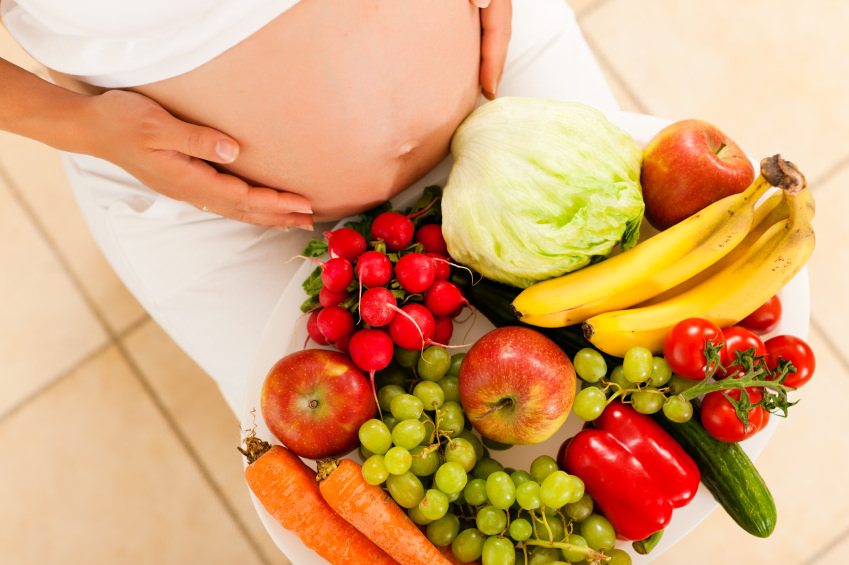
Eating in Pregnancy
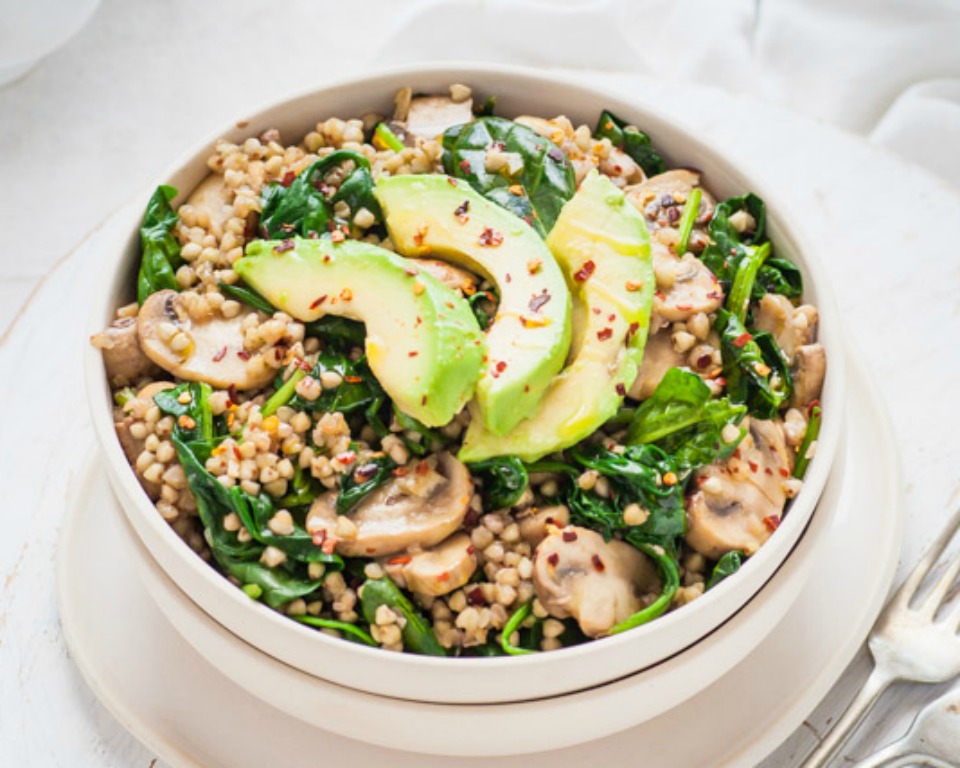
Tips to help
Essential nutrients needed for pregnancy are:
The Healthy Mummy Pregnancy Meal Plan
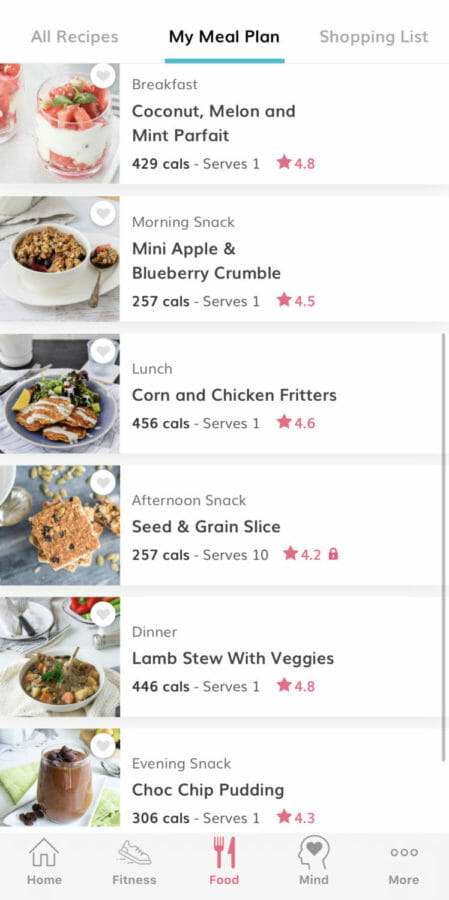
10 Foods to Eat in Pregnancy
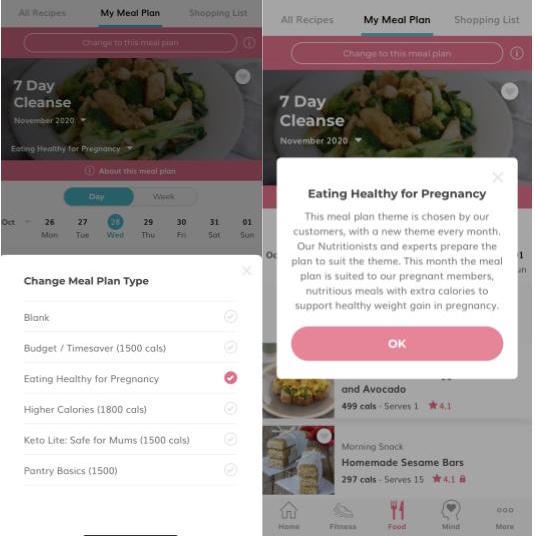
 To find out more about the Pregnancy Workouts Click here!
To find out more about the Pregnancy Workouts Click here!

